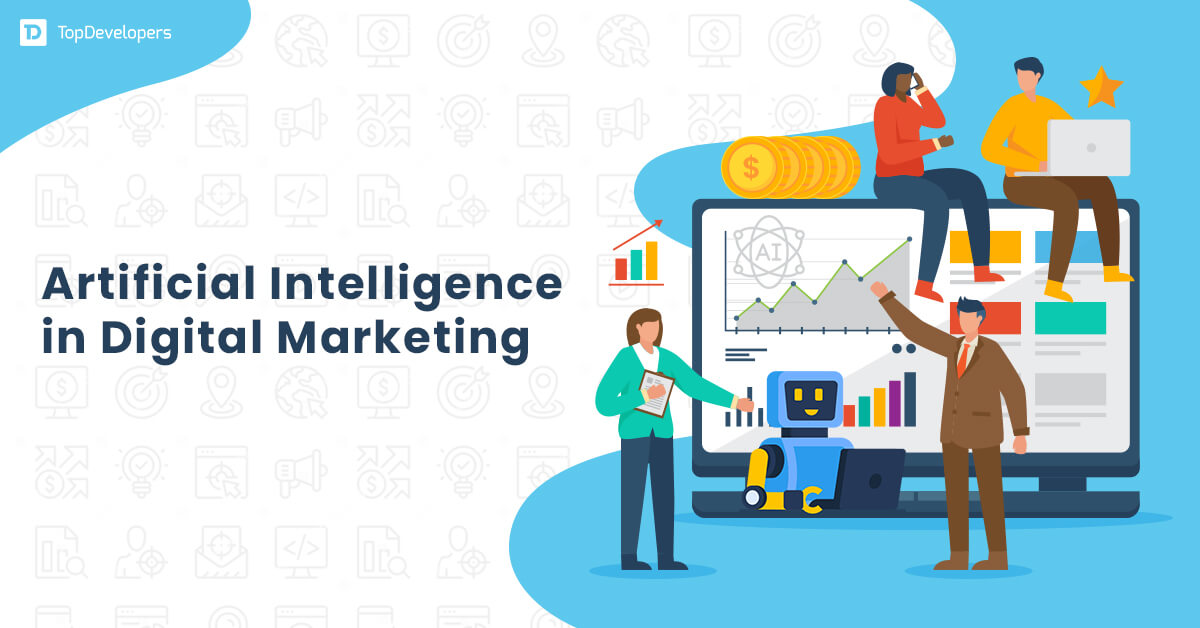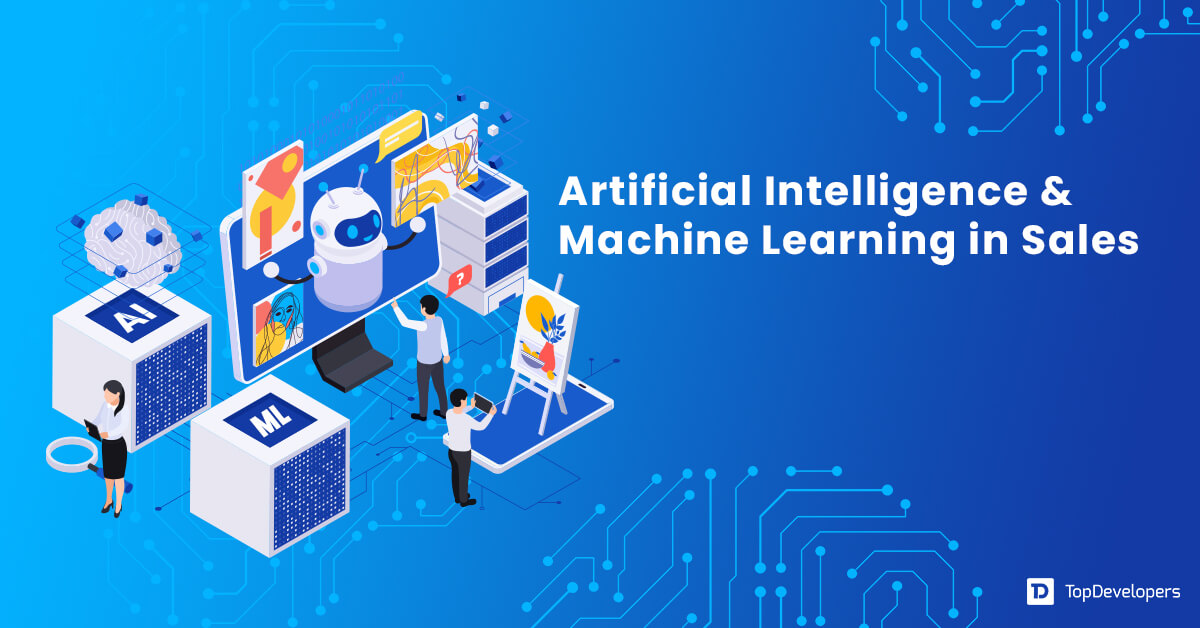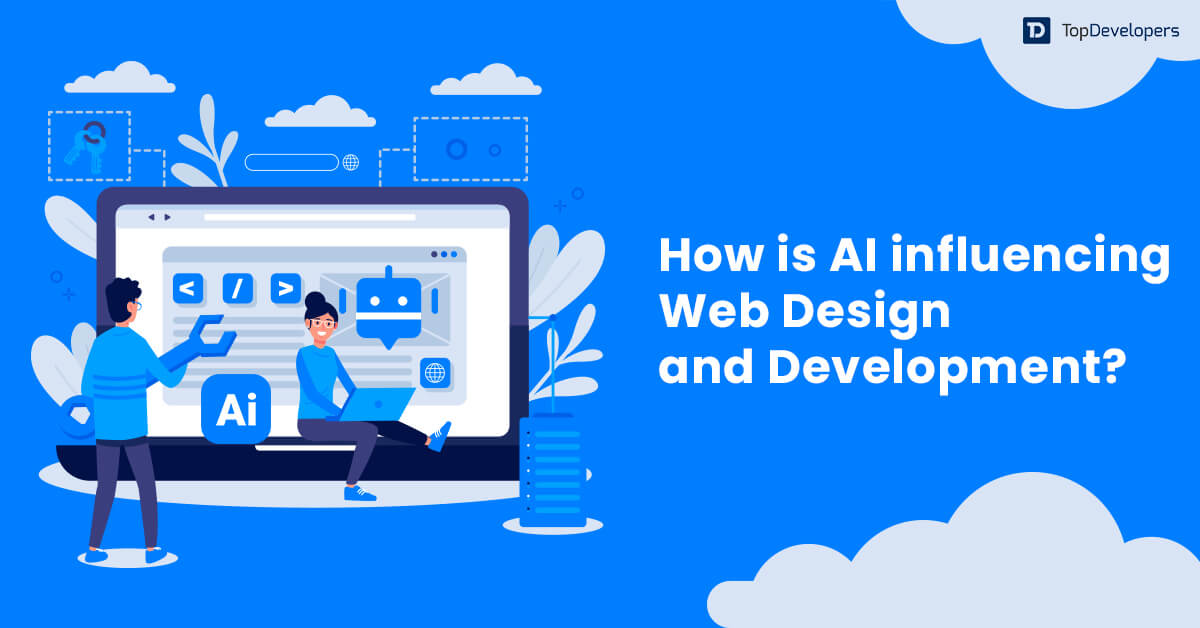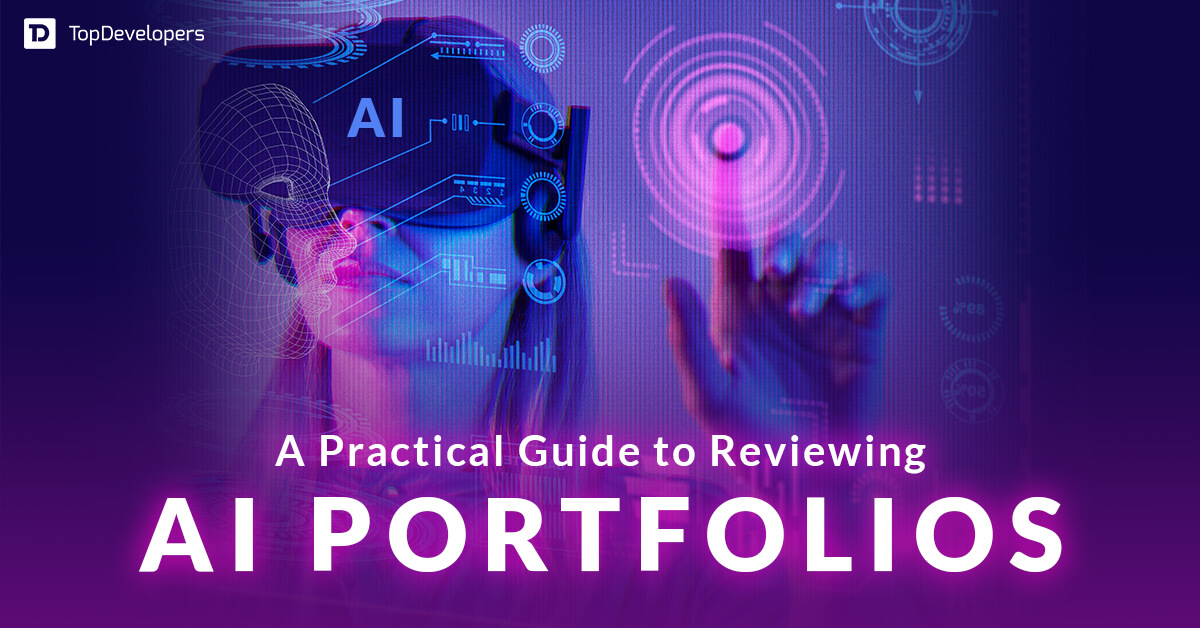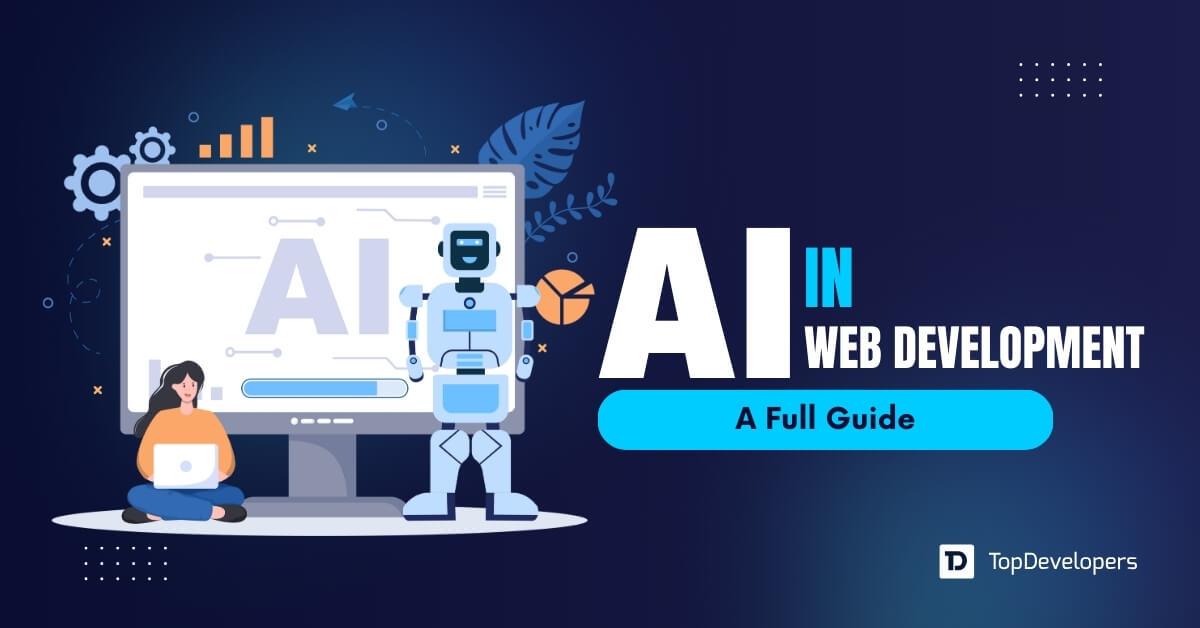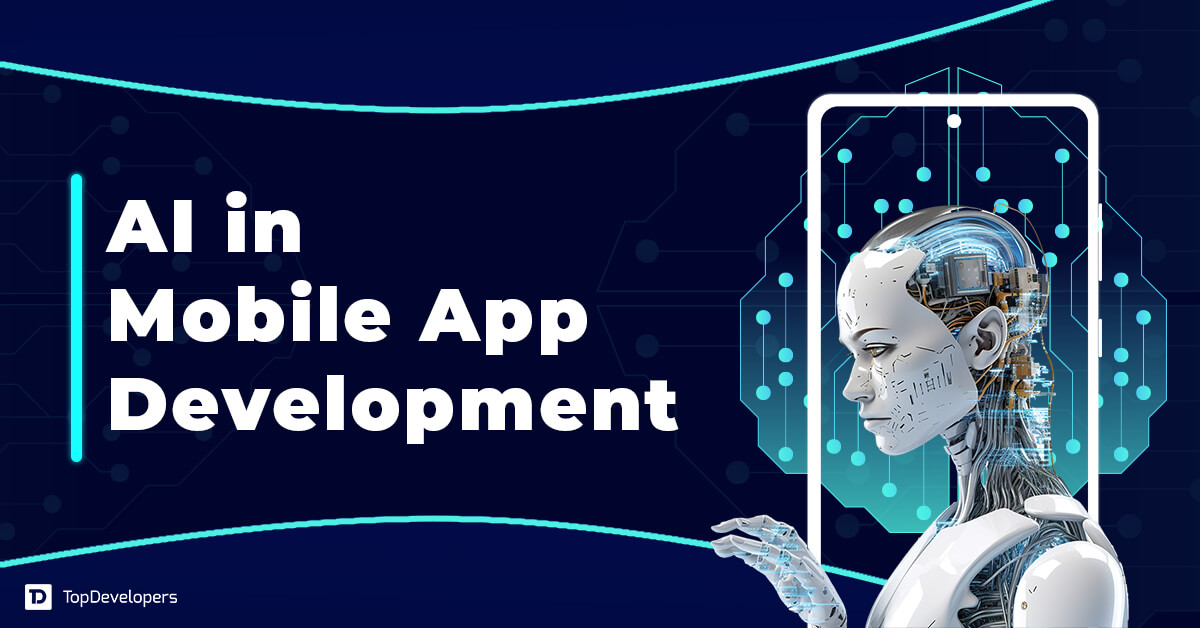
Today, Artificial Intelligence and cloud computing have been identified as two of the most contemporary technologies ever. On a scalable, anytime-demand basis, cloud infrastructure provides a base for today’s digital innovation. While so, AI provides modern intelligence through machine learning and neural networks. Cloud and AI are transforming business and industry. Companies can build and deploy smart applications quickly and at scale by running AI models in the cloud.
This short guide investigates how AI enhances cloud powers, brings new technologies, advances operation, fortifies security, and pushes the frontiers of intelligent cloud services that drive societal transformation.
Table of Contents
- Automating Infrastructure Management
- Enhancing Cloud Security
- Optimizing Costs
- Improving Customer Experiences
- Enabling Advanced Analytics
- Boosting Cloud Application Development
- Revolutionizing IT Operations
- Democratizing AI Development
- The Future with Cloud-Powered AI
- Driving Transformation and Innovation Across Industries
Automating Infrastructure Management
Managing infrastructure in the cloud involves configuring servers, monitoring systems, and responding to issues. These tasks can take up a significant amount of IT staff’s time. AI simplifies infrastructure management by automatically:
- Provisioning and scaling cloud resources based on workload demands. AI can spin up or terminate servers to match computing needs.
- Identifying and monitoring hardware or software problems prior to their occurrence. Metrics and logs analysis enables AI to detect anomalies and problems at early stages.
- Boosting system tuning and infrastructure optimization for increased effectiveness.
This enables companies to reduce operational costs and minimize downtime risks with an intelligent cloud infrastructure that manages itself.
Enhancing Cloud Security
Different security threats confront cloud environments, such as cyberattacks, data breaches, and the risk of an inside person leaking sensitive business information. AI adds an extra layer of protection by:
- Real-time infrastructure monitoring for attacks, alerts, vulnerabilities, outliers, or unusual activity network traffic and user activities.
- Making connections between threat intelligence about applications, networks, and endpoints to detect subtle threats such as complex penetrative attacks.
- Adaptive access controls, behavioral analytics, and automation to act on risks quickly.
- Continually verifying identity and credentials for access control.
- Making recommendations for improving cloud security posture using risk profiles and best practices.
- AI is also used for 24/7 security monitoring in complex cloud environments, robust threat detection, and automated responses.
Optimizing Costs
Managing cloud costs with diverse workloads, dynamic usage, and complex pricing models can be challenging. AI helps optimize cloud budget spending by:
- Forecasting future infrastructure needs taking into account business trends, seasonal patterns, and new product launches.
- Advising on the most cost-effective service type and region based on usage patterns.
- Continuously monitoring usage and spending to identify waste and optimization opportunities.
- Recommending appropriate auto-scaling policies and right-sizing strategies to reduce over-provisioning.
- Spotting unused resources and hibernating or shutting them down to minimize waste.
This allows organizations to get the maximum value out of their cloud investment while avoiding unexpected costs.
Improving Customer Experiences
Artificial Intelligence is powering the next generation of cloud-enabled customer experiences by:
- Developing personalized recommendations and promotions based on individual interests and real-time interactions.
- Analyzing real-time customer sentiments, feedback, and pain points to resolve issues quickly.
- Automating conversational interfaces across devices to provide seamless omnichannel engagement.
- Generating human-like content such as support articles, product descriptions, and marketing copy tailored to each customer.
- Building predictive models to anticipate customer needs and preferences.
- Streamlining order fulfillment, service delivery, and support using process automation and predictive analytics.
With AI, companies can gain deeper customer insights, predict emerging trends, and deliver hyper-personalized engagement through the cloud.
Enabling Advanced Analytics
Organizations rely on cloud analytics and business intelligence to extract insights from their data. AI augments cloud analytics by:
- Automating data ingestion, cleansing, labeling, and cataloging to make raw data analysis-ready.
- Identifying correlations, patterns, and trends across datasets that humans may miss.
- Using machine learning algorithms to generate predictive models for forecasting, clustering, classifications, and simulations.
- Natural language query interfaces such as conversational AI assistants enable easy access to insight.
- Continuously monitoring data and models to detect drift, bias, and anomalies that impact analysis.
This allows organizations to leverage the full potential of their data to drive faster and better business decisions powered by AI.
The future of AI holds great promise for revolutionizing cloud computing services. With continued advances in deep learning and neural networks, AI systems will gain the ability to optimize infrastructure efficiency, dynamically allocate resources, and automate security processes. This will allow cloud solution providers to offer customers more robust and intelligent platforms in the future.
Boosting Cloud Application Development
Developing cloud-native applications with traditional methods can be complex, time-consuming, and resource-intensive. AI is transforming application development by:
- Generating reusable code components, templates, and frameworks to accelerate development.
- Providing developer assistants that suggest code edits, surface bugs, identify vulnerabilities, and test functions.
- Automating coding of repetitive tasks, website changes, and adding new features based on requirements.
- Continuously monitoring and tuning application performance using AIOps.
- Enabling voice and conversational interfaces for natural user interactions.
- Supporting rapid prototyping and iteration using AI-powered simulations and testing.
With AI capabilities, organizations can boost developer productivity, reduce errors, and bring innovative applications to market faster.
Revolutionizing IT Operations
Running and managing complex enterprise IT environments generates huge volumes of monitoring data that is difficult to interpret. AI simplifies IT Operations (AIOps) by:
- Aggregating and correlating insights across servers, networks, and applications to spot emerging issues.
- Automating event triage and prioritization of incidents to accelerate resolution.
- Providing root cause analysis by connecting patterns and sequences leading to failures.
- Machine learning predicts future capacity needs, outage risks, and system health.
- Recommending precise remediation actions for ops teams.
- Automating repetitive manual tasks like ticket creation, documentation, and resource allocation.
With AIOps, IT teams can maximize system uptime, improve service quality, and resolve incidents faster.
Democratizing AI Development
Developing and deploying AI models involves substantial data engineering, model building, and ops skills. Cloud-based AI services are democratizing AI by:
- Offering pre-built and pre-trained models for common use cases like vision, language, and recommendations.
- Providing fully managed model building, testing, and optimization pipelines to simplify development.
- Enabling deployment of models and experiments at scale with a few clicks.
- Hosting data labs with notebooks, tools, and collaborative workflows.
- Automatically monitoring models in production and rerunning training to maintain accuracy.
- Allowing access to AI capabilities through simple APIs without deep data science expertise.
These capabilities open AI to every developer and organization by abstracting away the complexity.
The Future with Cloud-Powered AI
Cloud computing removes infrastructure constraints on innovation, while AI adds intelligence to make solutions smarter and more adaptable. Together, they will shape the future of businesses across industries by enabling:
- Hyper-automated supply chains, manufacturing, and operations that intelligently optimize themselves.
- Immersive extended reality experiences blend the digital and physical worlds.
- Autonomous transportation, delivery, and mobility powered by edge computing.
- Preventive healthcare is driven by early diagnosis from predictive analytics.
- Human-AI collaboration amplifies creativity, productivity, and breakthrough discoveries.
The synergy of cloud infrastructure and AI will drive global advancement and progress towards solving humanity’s grand challenges. With Cloud+AI, the possibilities are endless. Adding icing to the cake, cloud computing service-providing companies offer flexible and scalable solutions for hosting AI systems.
The cloud allows easy access to the computing power needed for training and running complex machine-learning models. It also facilitates deploying AI applications to users across devices. Leading cloud service providers offer cutting-edge AI services, tools, and infrastructure to help businesses quickly build and deploy AI solutions.
Driving Transformation and Innovation Across Industries
Cloud computing and Artificial Intelligence are synergistic technologies enabling transformative business capabilities. The scalable infrastructure of the cloud allows AI models to be developed, trained, and deployed at a massive scale. Meanwhile, AI makes the cloud smarter, more efficient, and easier to use through automation and optimization.
Businesses interested in leveraging contemporary technology should contact Artificial Intelligence developers to help them implement tangible solutions. Many firms employ specialists in machine learning and neural networks as it benefits them in sales and other business related services. They can advise on implementing AI for specific business needs. For example, AI can analyze data to improve decision-making or automate repetitive tasks.
All in all, the right developer can ensure AI systems are designed responsibly and aligned with organizational goals. Partnering with AI experts will pave the way for transformative technologies for business benefits.
Rebecca Harrison combines her love for emerging technologies with her ability to explain them in clear, concise terms. With expertise in blockchain, IoT, cloud computing, big data, and cryptocurrency, Rebecca’s articles are essential reads for tech-savvy audiences. She has worked closely with tech startups and established companies to explore the potential of these transformative technologies.
